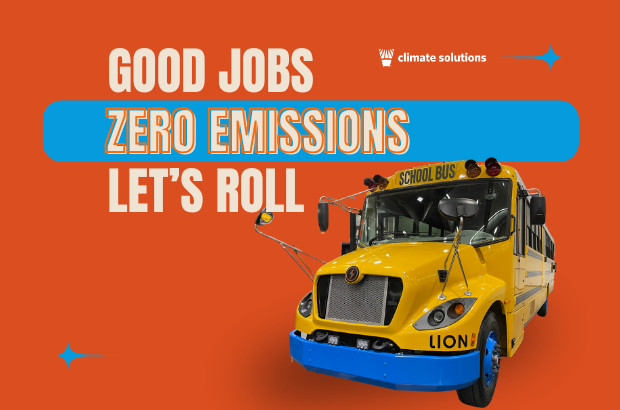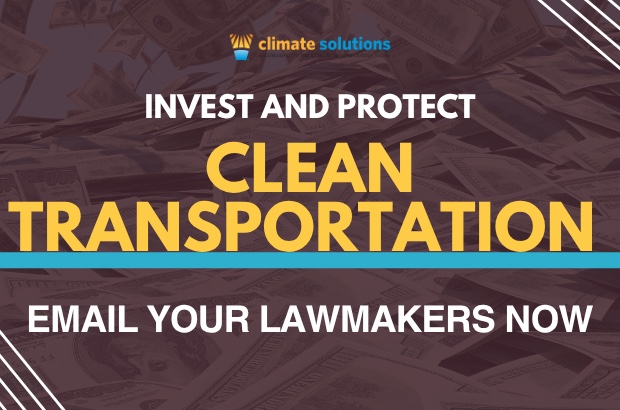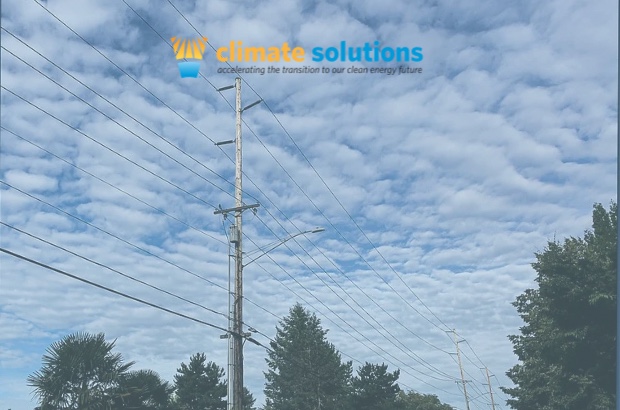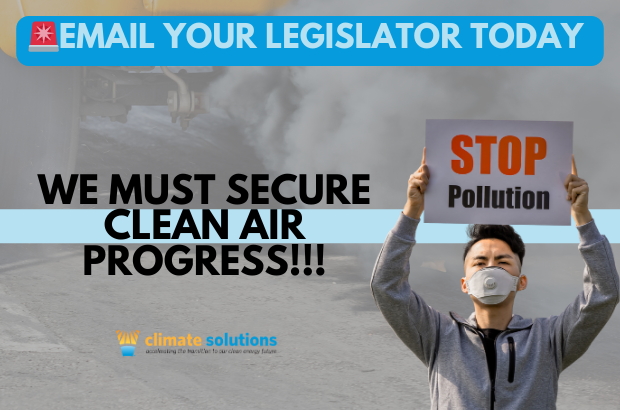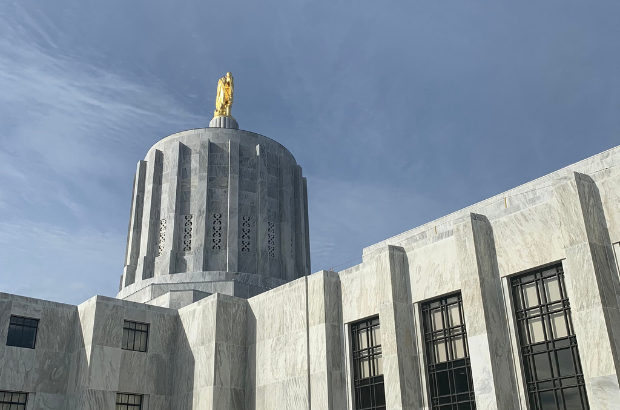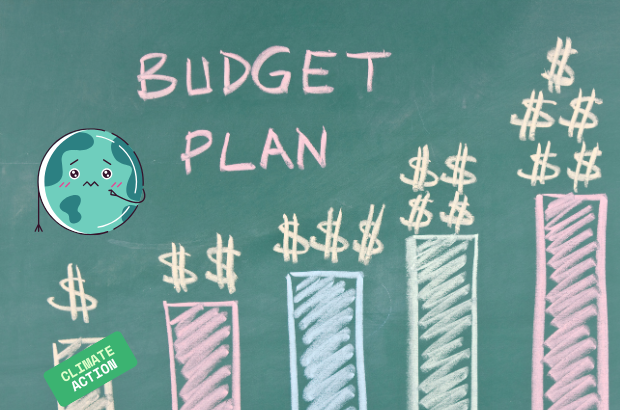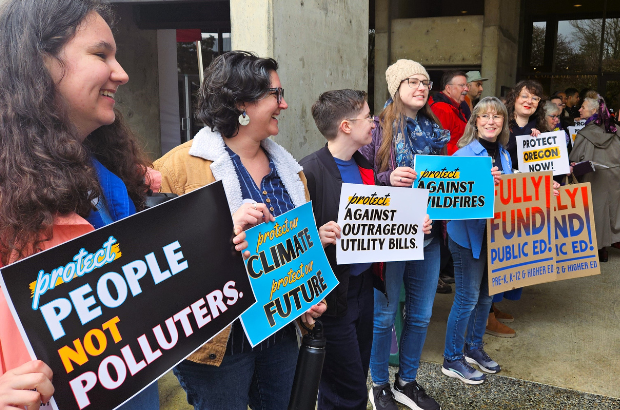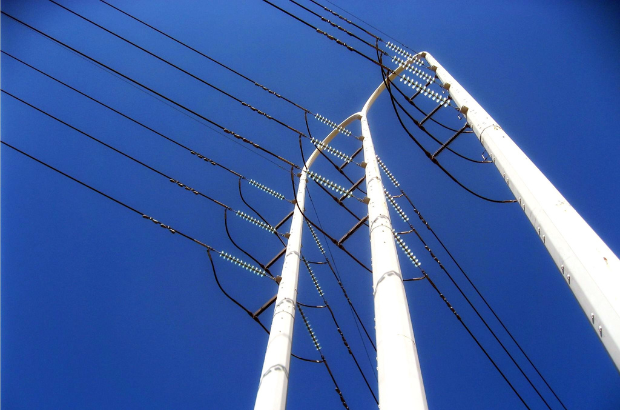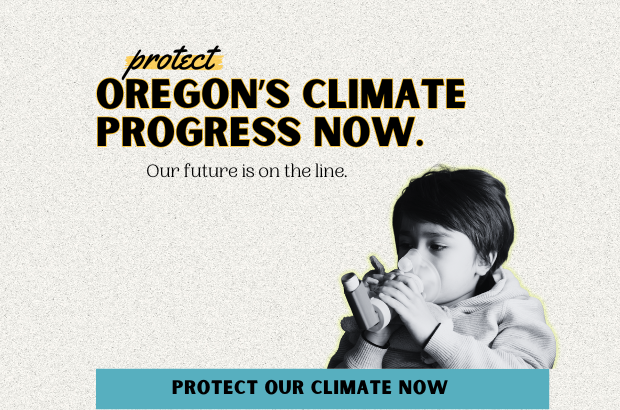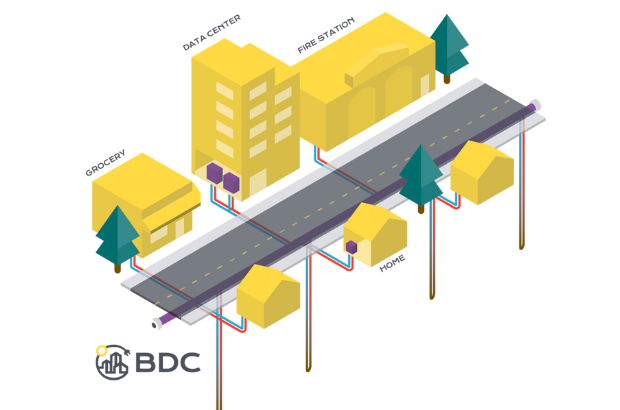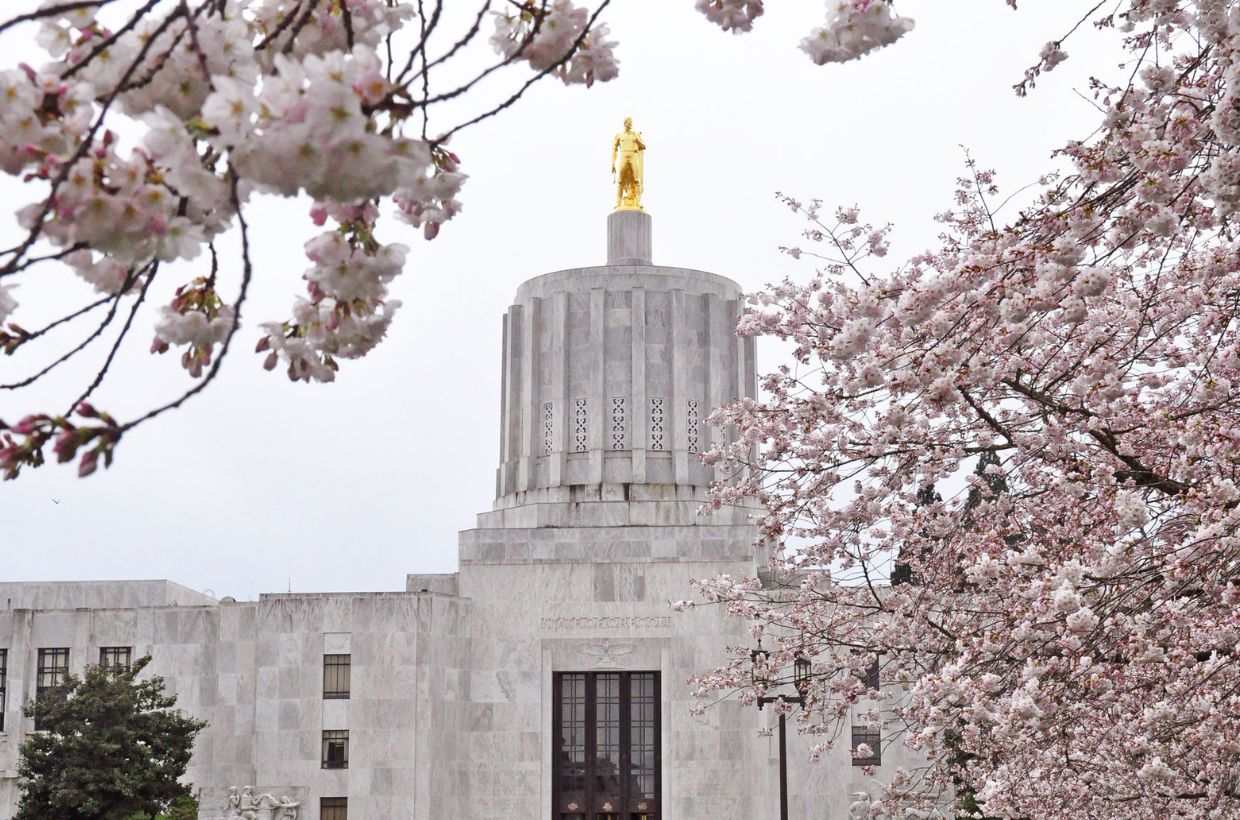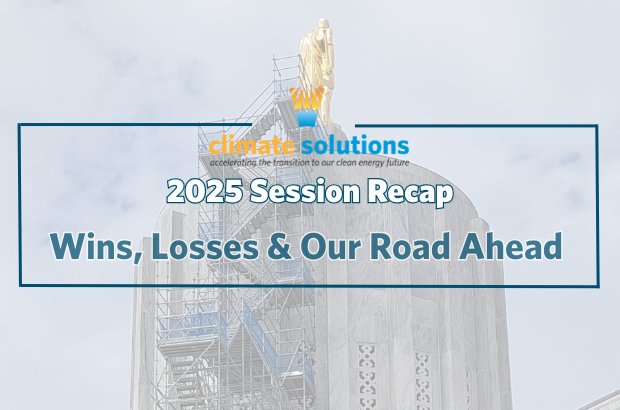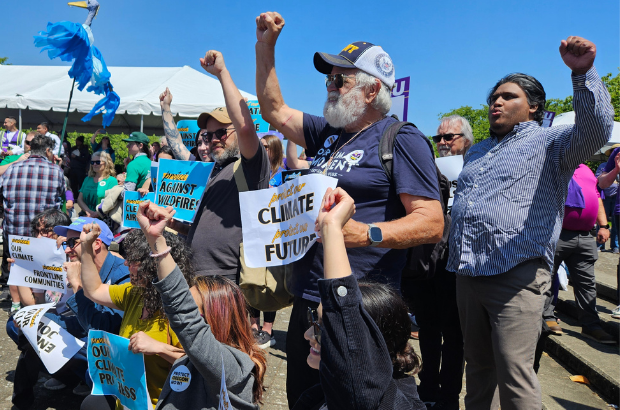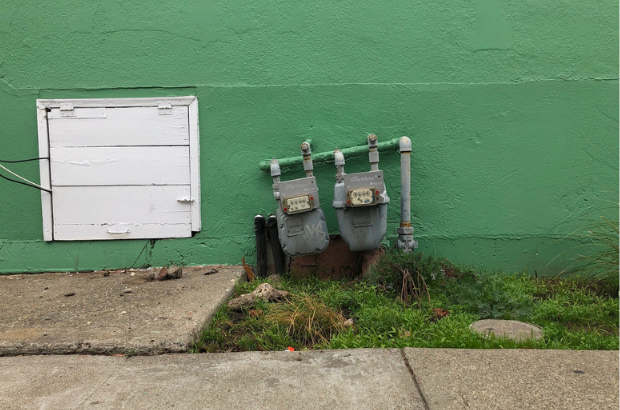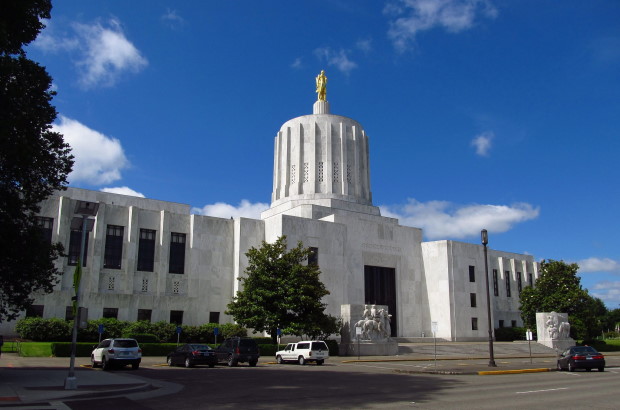Oregon State Government
by Brett Morgan on
Everyday necessities shouldn’t come with everyday pollution. Yet the goods and resources we rely on are delivered by a freight system powered largely…
by Brett Morgan on
Right now, Oregon legislators are drafting a sweeping transportation funding package. Without major course correction, it will fail to meet our state…
by Joshua Basofin on
To achieve Oregon’s 100% clean energy goals reliably and affordably, we need to address our transmission bottleneck. Through innovative policy…
by Brett Morgan on
JUST IN: As of yesterday, the Oregon leaders decided on a major setback to clean air and climate progress. They announced a two-year delay to the…
by Climate Solutions on
Salem, OR – In a major setback to clean air and climate progress, Oregon leaders today announced a two-year delay to the state’s Advanced Clean…
by Nora Apter on
Federal climate rollbacks threaten our progress — and Oregon families can’t wait for clean energy, affordable heating and cooling, and climate…
by Claire Prihoda on
The Oregon State Senate will hold a floor vote on SB 88 - Get the Junk Out Rates to protect your families and your budget by holding large utility…
by Nora Apter on
We’re officially over halfway through Oregon’s 2025 legislative session. Here’s the inside scoop on dynamics at the Capitol, the status of key clean…
by Claire Prihoda on
Join Climate Solutions and our partners for the Building Resilience Lobby Day at the State Capitol on Wednesday, May 7. Together, we’ll talk to…
by Brett Morgan on
The Oregon Department of Environmental Quality (DEQ) is updating the ACT and HDO rules to maintain alignment with California and ensure they stay…
by Brett Morgan on
The Oregon Department of Environmental Quality (DEQ) is updating the ACT and HDO rules to maintain alignment with California and ensure they stay…
by Nora Apter on
The 2025 transmission package is moving through the Oregon Legislature—and two critical bills are coming up for key votes TOMORROW, Tuesday, April 8…
by Brett Morgan on
Oregon shouldn't roll back clean air protections and delay clean trucks.
by Nora Apter on
Every two years, Oregon’s top budget writers tour the state to hear from community members about which programs and services should be funded. With…
by Claire Prihoda on
Action Alert for Oregon! Urge your legislator to support SB 1143 Thermal Energy Networks (TENs), a climate-friendly heating and cooling solution!…
Give for a brighter future
Connect
Join our email list to learn about what we do and how to get involved.
2025 OR Policy Notes
Stay tuned for further updates!
